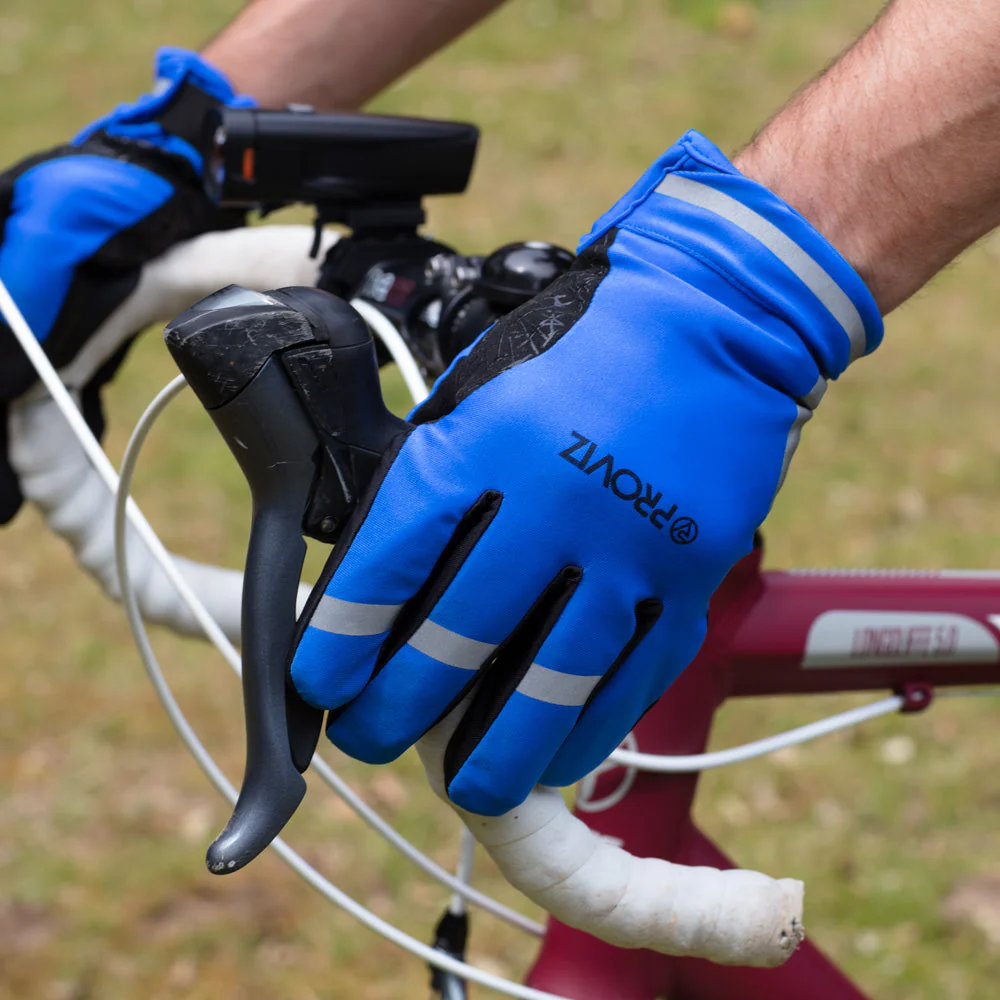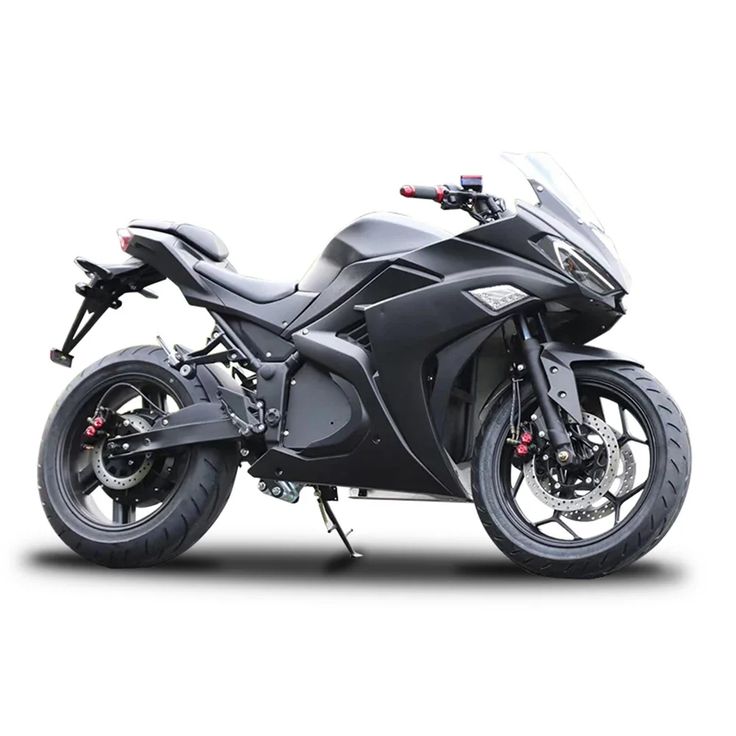Eligibility Requirements for Texas Motorcycle Licensing
To ride legally in Texas, understanding the eligibility requirements for a motorcycle license is crucial.
Age-Related Eligibility for Motorcycle Endorsement
In Texas, age matters for motorcycle licensing. Applicants must be at least 15 years old. Those under 18 need to complete a safety course and have a learner’s permit for six months.
Documentation and Identification Criteria
Bring the right documents when you apply. You’ll need identification, proof of Texas residency, and a completed safety course certificate. Adults over 18 have different requirements than younger riders.

Steps to Acquiring Your Learner?s Permit
Obtaining a learner’s permit is the first critical step towards becoming a licensed motorcyclist in Texas. Here’s how you can navigate this initial phase with ease.
Motorcycle Safety Course Completion
First, complete a motorcycle safety course recognized by the state of Texas. This is a must for young riders under 18 and recommended for all. You’ll learn key skills and rules, and the certificate you receive can make later steps simpler.
Written Knowledge Examination
Next, pass a written knowledge test at the Texas Driver’s License office. Study the rider’s manual thoroughly. The test checks your grasp of traffic laws, motorcycle operation, and safety practices.
Vision Test and Other Assessments
Besides the knowledge test, be ready for a vision screening. Good eyesight is critical for safe riding. You may face additional assessments to show you’re fit to ride. Bring proof of identity, Texas residency, and your safety course certificate when you apply. Get these steps right, and you’re on the path to enjoy Texas roads legally and safely.
Transitioning from Learner’s Permit to Motorcycle License
Once you’ve navigated the process of obtaining your learner’s permit, the next step is transitioning to a full motorcycle license. This involves a series of steps to demonstrate your riding proficiency and understanding of traffic laws.
Road Skills Test
After holding your learner’s permit, you’ll need to pass a road skills test. This practical examination assesses your ability to handle a motorcycle in various traffic conditions. Schedule your road test at the Texas Driver’s License office. Remember to bring your own motorcycle, along with the necessary insurance and registration documents.
It is crucial to practice the skills learned from your motorcycle safety course. Smooth braking, turning, and obeying traffic signals are key aspects evaluated during the test. Be calm, focused, and showcase your best riding techniques to pass.
Removal of I Restriction for Riders Under 16
For young riders under 16, the learner’s permit comes with an I Restriction. This means you cannot ride a motorcycle with an engine over 250 cc until you turn 16. Upon reaching this age, you can have the restriction removed.
To remove the I Restriction, provide proof of your age and completion of a motorcycle safety course. You may need to visit the Texas Driver’s License office with a parent or guardian. Once the restriction is removed, you can ride without limitations on engine size.
The process from learner’s permit to motorcycle license is straightforward with the right preparation. Always prioritize safety and abide by Texas traffic laws. With your new license, a sense of freedom and responsibility awaits as you hit the open roads.

Obtaining a Motorcycle License for Adults Over 18
Obtaining a motorcycle license for adults over 18 in Texas involves a streamlined process. Adults will find the pathway to getting licensed somewhat simpler than for younger riders.
Application Process Overview
As an adult seeking a motorcycle license in Texas, start at a Driver’s License office. Fill out the necessary forms and provide the required documentation. Make sure to check off each criterion for successful application submission. Remember, a completed application is the first step towards your Class M endorsement.
Submitting Proof of Identity and Texas Residency
Adult applicants must submit proof of identity and Texas residency. Bring a valid ID, such as a Texas driver’s license or a state ID card. You will also need documents that show you live in Texas. These might include utility bills, lease agreements, or bank statements with your Texas address.
Vision, Knowledge, and Road Tests
Pass a vision test to ensure you can see well enough to ride safely. Study for and pass a knowledge test on motorcycle laws and safety practices. Lastly, you must take a road skills test unless you’ve completed a safety course that waives this requirement. This test evaluates your ability to ride a motorcycle in real traffic conditions.
For the fastest way to get a motorcycle license in Texas, consider taking a motorcycle safety course. This can shorten the process by waiving certain tests. Achieve your dream of hitting the open road with proper licensure by following these steps attentively.
Types of Motorcycle Licenses and Endorsements in Texas
In Texas, riders have different license options based on their needs. Let’s explore the types available.
Class M and Class CM Licenses
To legally operate a motorcycle in Texas, you usually need a Class M license. This license is all about motorcycles. Get one by passing both a knowledge test and a road skills test. You can also take a safety course to skip these tests.
A Class CM license is different. It allows you to drive both cars and motorcycles. You need a valid Class C learner permit first. Then pass the needed tests or complete a safety course to get the Class CM license. Choose the license that fits your plans on the road.
Upgrading to a Motorcycle Endorsement
Already have a driver’s license? You can add a motorcycle endorsement to it. This means more freedom on the road without another full license. To upgrade, pass the required exams or finish a safety course. After that, the endorsement joins your current license. It’s that simple!
Getting the right license or endorsement is key. It’s the fastest way to get a motorcycle license in Texas. Plus, it ensures you ride legally and safely. Start your journey by picking the path that suits you best, and enjoy the freedom of two wheels in Texas.
Importance of Motorcycle Safety Courses
Taking a motorcycle safety course is a key step in the fastest way to get a motorcycle license in Texas. These courses not only boost your riding confidence but also equip you with crucial know-how for safe travel on two wheels.
Benefits of Safety Training
Safety training offers a wealth of benefits for both new and seasoned riders:
- Enhances Skills: Sharpens your ability to handle your bike under various conditions.
- Reduces Risks: Teaches techniques to minimize risks on busy Texas roads.
- Updates Knowledge: Keeps you informed on the latest traffic laws and riding strategies.
- Boosts Confidence: Provides practice in a controlled environment, building your road confidence.
Taking a course can mean a smoother ride and better responses to emergencies. Expert instructors guide you through the nuts and bolts of motorcycling, from basic operations to advanced maneuvers.
Exemptions Offered by Completing Safety Courses
Completing an approved safety course can lead to test exemptions:
- Knowledge Test Waiver: Show your safety course certificate to skip the written test at the DPS office.
- Road Test Waiver: With the certificate, the road skills test may also be waived.
These waivers help in achieving the fastest way to get a motorcycle license in Texas. Plus, they streamline the process, saving time and hassle. Remember, to reap these benefits, the course must be recognized by the state. Start your journey to the open roads of Texas not just swiftly, but safely.

Legal Aspects of Motorcycling in Texas
Navigating the legalities of motorcycling is vital for a safe journey in Texas.
Understanding Traffic Laws and Rider Safety
To ride legally, know and follow all traffic laws. These laws keep you and others safe. They cover helmet use, lane positioning, and signaling. Ride within speed limits and never while impaired. Knowing these rules is part of the fastest way to get a motorcycle license in Texas.
Familiarize yourself with unique Texas laws. For example, lane splitting is not legal in Texas. Always wear a helmet if you’re under 21, it’s Texas law. Also, take note of local ordinances that may affect riding.
Legal Support and Representation for Motorcyclists
Sometimes riders face legal issues. This could be from a traffic ticket or a crash. If this happens, you might need a lawyer. Look for one specializing in motorcycle law in Texas.
A skilled lawyer helps with accident claims and legal advice. They understand rider rights and how to protect them. They can help secure fair treatment in court. Knowing a trusted legal expert provides peace of mind while you enjoy riding.
In summary, respect Texas traffic laws and know where to get legal help if needed. Together, these steps contribute to the fastest way to get a motorcycle license in Texas and keep you riding safely.



